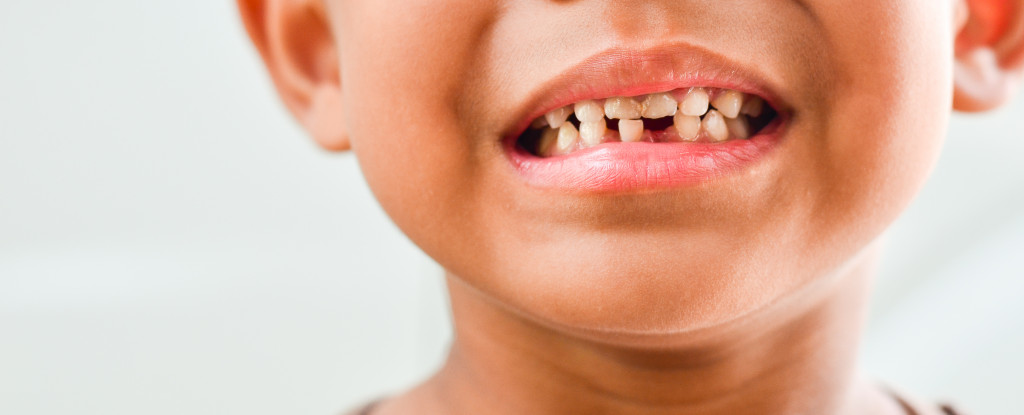Improving the dental health of your young child with bad teeth can be challenging. Many factors, such as genetics, diet, and hygiene, can contribute to poor dental health. According to the Centers for Disease Control and Prevention (CDC), about one in every five children aged five to eleven years has at least one untreated decayed tooth. This can lead to several serious health problems, including pain, infection, and even tooth loss.
However, there are some things that you can do to help improve the situation. Here are some tips on improving your young child’s dental health.
1. Schedule Regular Dental Checkups
One of the best things you can do to improve your child’s dental health is to schedule regular dental checkups. This will allow the dentist to catch any problems early and provide necessary treatment. It is also a good opportunity for you to ask any questions that you may have about your child’s dental health.
Especially when genetics, diet, and hygiene are factors, regular dental checkups are necessary. Some children will need dental appliances to help them grow better permanent teeth. If your child has an underbite, your dentist may suggest arch expansion to make room for the adult teeth. If their teeth are crowded, your dentist may recommend braces. Ask your dentist what is best for your child’s smile.
2. Encourage Good Oral Hygiene Practices
It is crucial to encourage good oral hygiene practices from an early age. This means teaching your child how to brush and floss their teeth correctly. You should also make sure that they brush their teeth at least twice a day and floss once daily. Some children may need to brush more often, depending on the severity of their dental problems.
You should start training their hygiene habits early. You can use fun tools like electric toothbrushes with music or timers to help make brushing more enjoyable for your child. There are also many types of floss available, so you can find one your child is more likely to use regularly. If you have trouble getting your child to brush and floss, talk to your dentist about other options, such as a fluoride mouthwash.

3. Limit Sugary Drinks and Foods
Sugary drinks and foods can contribute to poor dental health. They can cause cavities and other problems. It is important to limit these items in your child’s diet. You should also ensure they drink plenty of water throughout the day. Many fruit juices and sodas contain a lot of sugar. You can help your child by choosing drinks lower in sugar, such as unsweetened tea or sparkling water.
Children should also avoid sticky and chewy foods. These can get stuck in their teeth and lead to cavities. If your child does eat sugary or sticky foods, make sure they brush their teeth afterward. They may also need to floss more often. You also want to avoid any foods that are high in acid. Acidic foods can damage the tooth enamel.
4. Use Fluoride Toothpaste
Fluoride toothpaste can help improve your child’s dental health by preventing cavities and strengthening the teeth. It would be best if you use fluoride toothpaste approved by the American Dental Association (ADA). You can find this information on the toothpaste package. You should also ensure your child spits the toothpaste out after brushing and does not swallow it.
But if your child is at high risk for cavities, they may need a higher fluoride concentration. Your dentist can prescribe a fluoride toothpaste with a higher concentration of fluoride if necessary. They can also apply fluoride treatments to your child’s teeth. You should talk to your dentist about whether fluoride treatments are right for your child.
5. Visit a Pediatric Dentist
A pediatric dentist is a dentist who specializes in the care of children’s teeth. They will be able to provide you with more information on how to improve the dental health of your child. They may also be able to offer more specialized treatments if necessary.
They can also help if your child is afraid of the dentist. They can provide you with tips on how to make the experience more enjoyable for your child. You should schedule an appointment with a pediatric dentist when your child is between six months and one year old. You should then schedule regular appointments after that. Depending on the severity of your child’s dental problems, you may need to see the dentist more often.
Improving the dental health of your young child with bad teeth requires diligence and patience, but it is possible with these tips. Remember to schedule regular dental checkups, encourage good oral hygiene practices, limit sugary drinks and foods, use fluoride toothpaste, and visit a pediatric dentist for more specialized care. With time and effort, you can help your child have a healthy smile.

